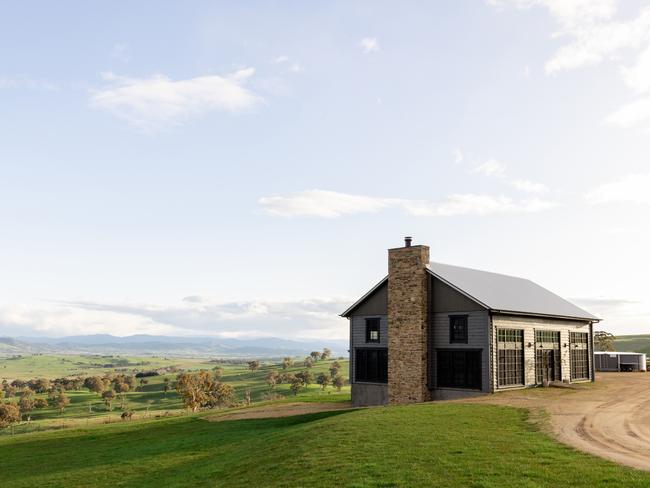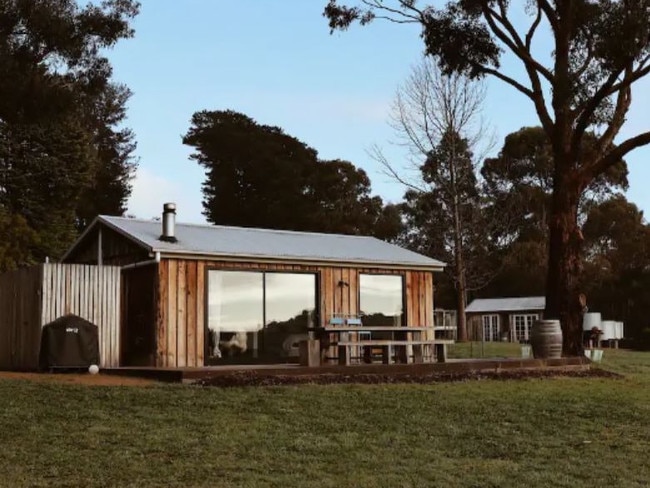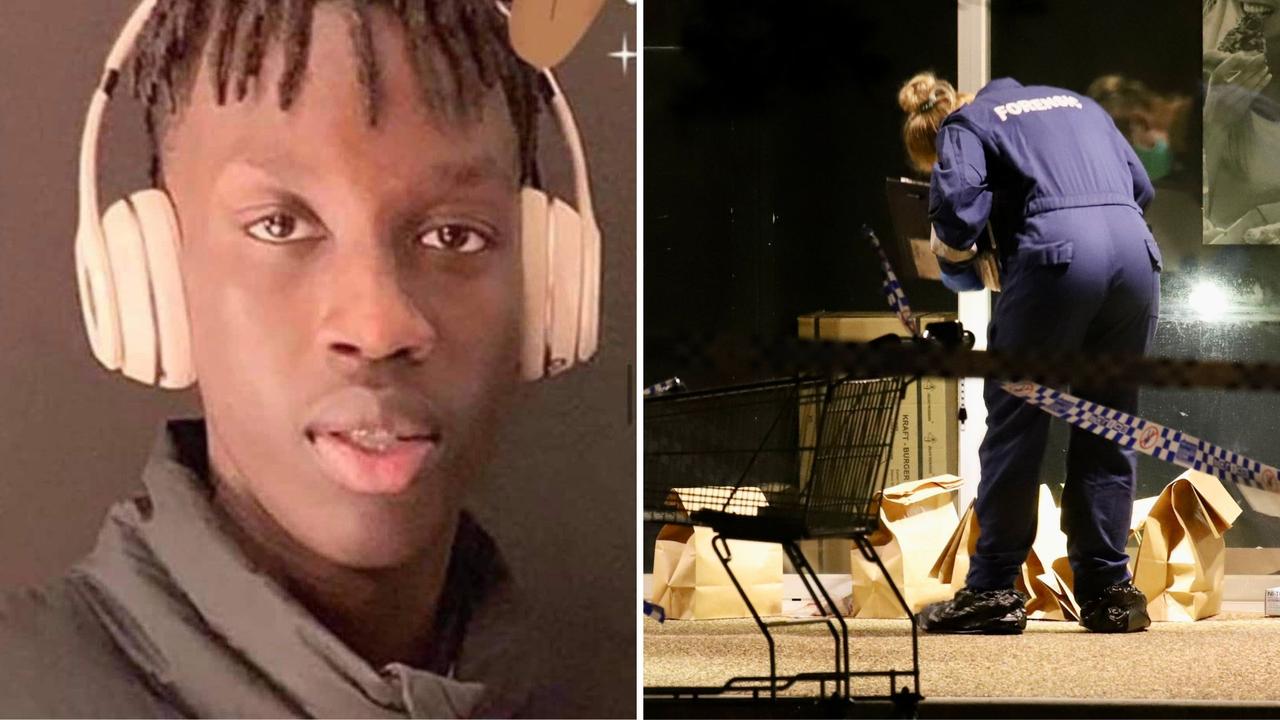‘Incredibly concerned’: Victorian tourism sector in shambles without short-stay rental tax answers
Victoria’s struggling tourism sector is begging the Allan government for answers, having been left in the dark with “no advice” on imminent short-stay accommodation taxes.

Victoria
Don't miss out on the headlines from Victoria. Followed categories will be added to My News.
Victorian tourism operators say they have been left in the dark about the rollout of the Allan government’s new short-stay tax amid repeated warnings the move could decimate regional tourism.
From January 1, all bookings made for short stay accommodation across Victoria will automatically incur a new 7.5 per cent tax the government hopes will encourage investors to return properties to the long-term rental market.
But key tourism figures have warned that with just four months to go until the tax is set to be applied, there is widespread confusion about how it will work.
Victorian Tourism Industry Council chief Felicia Mariani said there had been “little to no communication” about how the tax would work.
“Booking platforms have had no advice, there are system changes they are going to have to make but they can’t do that because they don’t know what they are supposed to do.
“The industry is incredibly concerned about their ability to comply.”

Daylesford Macedon Tourism chief Steve Wroe said he expected the tax to impact both visitation and consumer spending in the regions.
“Accommodation is typically the largest spend component of an intrastate trip, so when you whack a 7.5 per cent tax on, it adds to the cost and you’d have to assume it lowers the spend on other things like restaurants and attractions,” he said.
“Right now regional tourism is struggling, largely due to the cost of living crisis and increased mortgages, but it is really struggling.”
Mr Wroe said there was widespread anxiety about the logistics of the new tax rollout.
“There’s a lack of clarity about who is collecting the tax and how it’s going to be managed,” he said.
“There’s a general sense of confusion and frustration among the industry.”

Australian and New Zealand Short Term Rental Accommodation Association chair Yoav Tourel said the tax would apply to up to 40 per cent of bookings that weren’t holiday rentals but work trips and domestic violence accommodation.
But he said a lack of consultation with the government meant the complex rollout faced significant hurdles.
Ms Mariani questioned the need for the tax, saying there were more effective ways to encourage investors to transfer short-stay accommodation to the long term rental market.
In Western Australia owners of short-term rental properties can qualify for a $10,000 incentive payment to transfer their property to the long-term rental market for at least 12 months.
Already about 200 people have registered interest in the scheme.

Ms Mariani said such an approach in Victoria could have been a boon for long term rental stock.
Shadow Minister for Tourism, Sport and Events, Sam Groth, said the last thing Victorians and the tourism sector needed was another tax.
“This new charge will fall directly on Victorian holiday-makers and will do nothing to address the fundamental causes of Victoria’s housing affordability crisis,” he said.
“Every dollar spent on Labor’s new tax is one less being put into tourism businesses which support local jobs and economies across the state.”
A Victorian government spokesperson said revenue from the tax would be diverted to Homes Victoria to support the building and maintenance of social and affordable housing.
The government has committed to investing 25 per cent of funds to regional Victoria.




